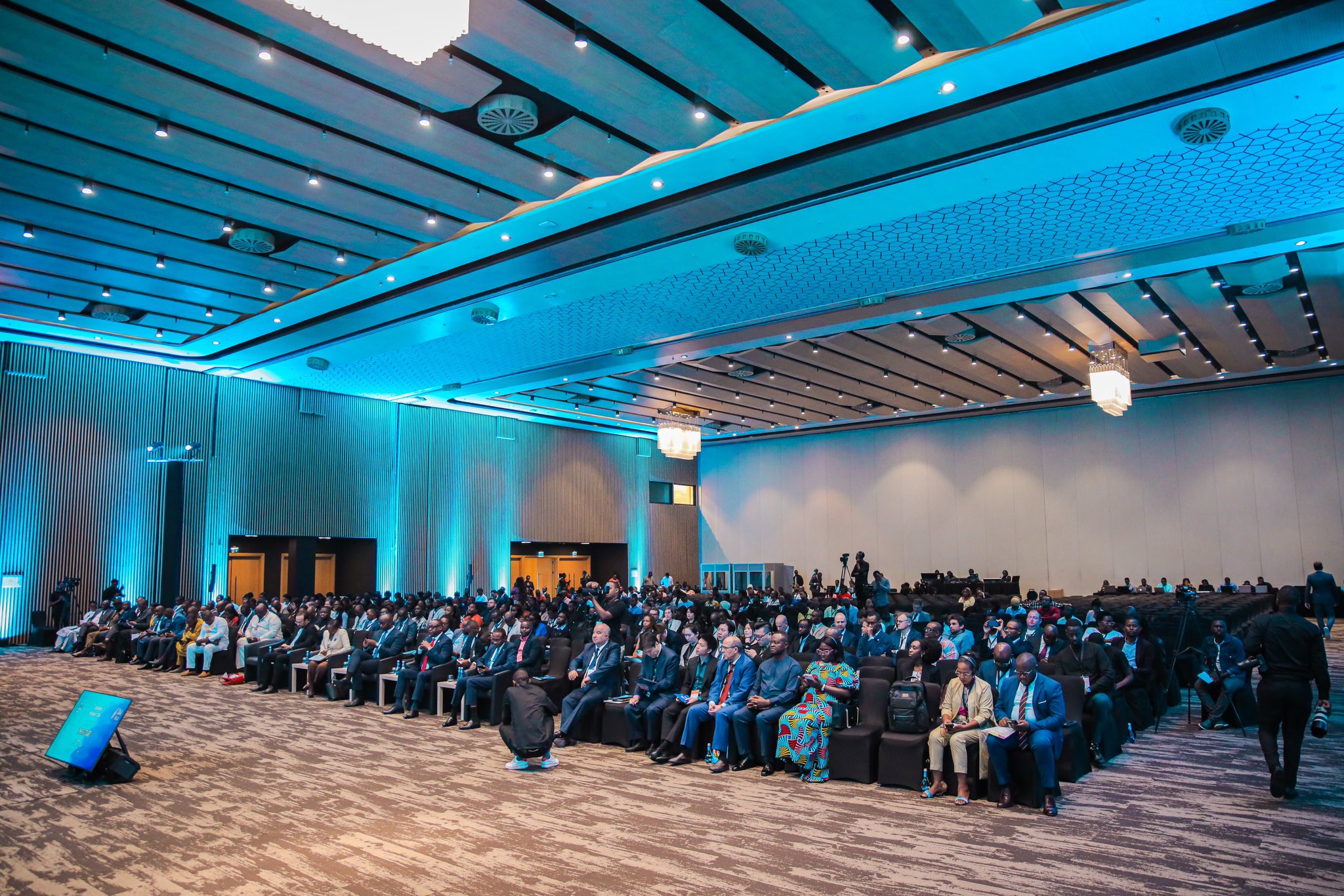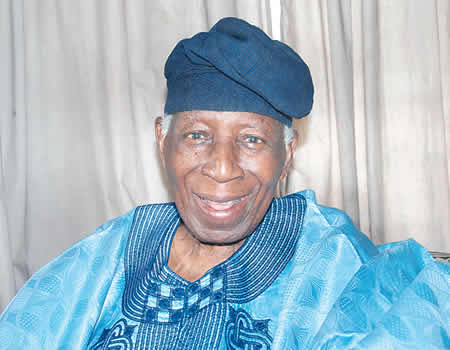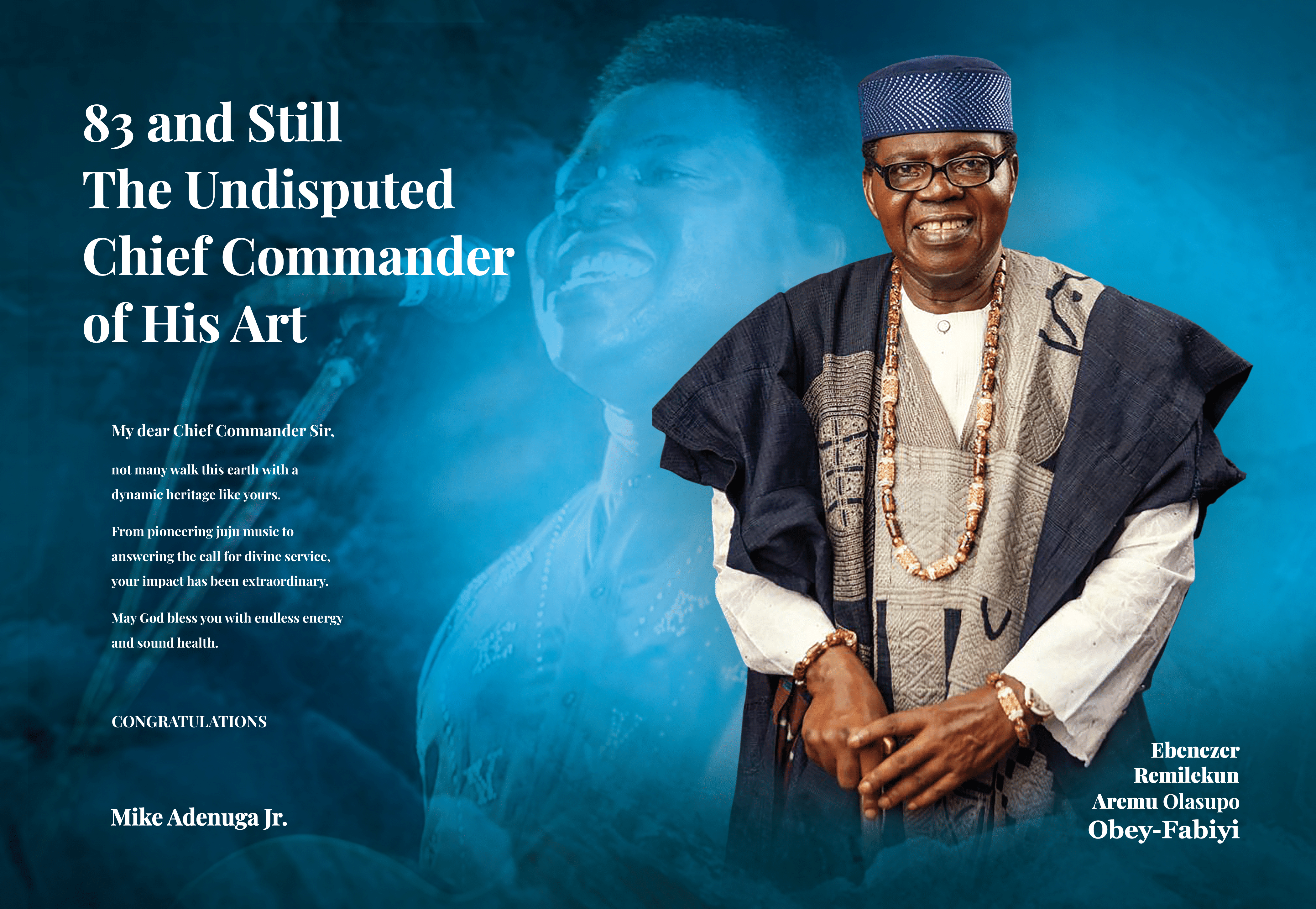By Dolapo Aina
The African Smart Cities Investment Summit in Kigali which had over one thousand delegates, over eighty speakers, twenty-five sessions and over forty-nine sessions brought to the fore the importance and the necessity for African Smart Cities. The speakers from their own varied perspectives stated and alluded to the fact that cities cannot be built the way cities used to be conceptualised, developed and built. Cities need to be attuned with the realities of the 21st century. A smart city uses technology and data-driven solutions to improve the quality of life for its residents, enhance sustainability and maximise urban services. It was also stated that second and third cities have to be developed and built as smart cities.
During the first day, the Mayor of Kigali, Mayor Prudence Rubingisa: stated that; “hosting this summit at a time when digital tech is changing the way of living for everyone globally, in cities, second cities and satellite cities. This summit would solidify cities’ position to transform into smart cities. The progress we seek is dependent on our collective collaborations within countries, sister cities, exchange solutions and challenges.”
Governor James Muchiri, Deputy Governor of Nairobi County stated that; “Through Smart Cities Initiatives; they are a driver and avenue to create cities of order for all where no one is left behind. Nairobi County has undergone citizens’ digital delivery (online services range from parking, licenses and trade licences). The main role is to improve urban planning using different city data of Nairobi.” He further talked about how the Nairobi County is utilising smart cities templates in different sectors e.g., medical services delivery, public transportation, government services and digital eco-system. He ended by encouraging collaborations amongst cities.
Belen Calvo Ugarra; EU Ambassador to Rwanda in her speech opined that “Cities are where innovation happens. Rwanda is championing the Smart Cities’ innovation on the continent. Smart cities need to be where innovation happens.”
Dr. Ozonnia Ojielo UN Resident Coordinator for Rwanda in his speech stated that; “Meeting in Kigali today is opportune for three main reasons. First, the Government of Rwanda has demonstrated visionary leadership and innovation with respect to e-government and shifting to digital and smart city development. The leadership of His Excellency President Paul Kagame has embarked on a remarkable journey to not only embrace urbanization but to harness it as a force for positive change. Rwanda’s commitment to smart cities and its pioneering efforts to address climate change are truly inspiring. Second, in the last two decades Rwanda has witnessed the proliferation of cities. Urbanization is currently estimated at 18%. Although, this rate is among the lowest in the world, with an estimated annual growth rate of the urban population of 4.5%, compared to the worldwide average of 1.8% urbanization calls for urgent interventions. The urbanization explosion in Rwanda is occurring in the context of changing climate. The effects of the changes in urbanization and climate manifest in unique ways, therefore, presenting new challenges and opportunities for sustainable urbanization. The growing demand to address these new challenges and the need to harness opportunities resulting from changes in climate and urbanization have resulted in the urgency for climate compatible urbanization. The intensified rainfall, and prolonged dry seasons that Rwanda has been experiencing in the last decade is generating myriad of challenges. These include increased flooding, more landslides, notable water shortage, contamination of water sources, and destruction and/or loss of municipal, private business, community, and household assets. The impact of these adverse effects is increased and potentially perpetual vulnerability of cities, businesses, communities, and households. At scale, Rwanda’s recent experience with urbanisation, are no different to the realities of urbanization globally.
The United Nations Resident Coordinator further stated; “This inaugural Summit is also opportune to consider and adopt new ways of responding to the urbanization challenges of today and tomorrow. We are here to catalyse change, to envision, and to shape the future of our cities. Our primary objective is clear: to foster collaboration, innovation, and investment in smart cities across Africa. We aim to identify opportunities, address challenges, and forge partnerships that will drive sustainable urban development. Our cities must be engines of growth, and innovative investment is the fuel that will power these cities. Let us embrace technological advancements to create smarter, more resilient, and more inclusive cities. Our cities must not only thrive but also withstand the challenges of the 21st century. Sustainability and resilience should be at the core of every smart city initiative. Smart cities should leave no one behind. We must ensure that the benefits of urbanization are equitably distributed, regardless of gender, age, or socio-economic background. Yet, smart cities must lead the way in adopting green and sustainable practices. We must prioritize clean and renewable energy sources, invest in green infrastructure, and embrace circular economy principles to reduce waste and emissions. These actions are not only environmentally responsible but also economically advantageous. On our part, the United Nations in Rwanda is committed to promoting and supporting the development of smart cities. This commitment includes advocating for sustainable urban planning, encouraging investments in digital infrastructure and innovation, fostering inclusive and equitable urbanization, and addressing climate change within urban contexts. Through collaborative efforts with government, organizations, and communities, the UN strives to ensure that smart cities prioritize the well-being of their residents, enhance quality of life, and contribute to a more sustainable and resilient future for all. The Government of Rwanda had demonstrated leadership embarking on a remarkable journey on innovation. We need to foster collaboration, partnerships and solve challenges. Cities must not only thrive but face the challenges of the 21st century. Smart cities must lead the way in adopting green solutions. Cities need to be smart and also compassionate as they build cities of our highest aspirations.”
Dr. Ozonnia Ojielo; the UN Resident Coordinator for Rwanda revealed that: “The UN is currently, together with the City of Kigali and the City of Seoul, seeking resources to implement improvements in smart city governance and data management within the Smart Cities and Communities Control Centre initiative of the Government of Rwanda.”
Rwanda’s ICT Minister, Ms Paula Ingabire’s speech in summary was about the emergence of Smart Cities and how Smart Cities have become a global imperative. In her words; “It is truly heartening to witness diverse efforts from various partners across the African Continent converging to propel the smart city agenda forward. We are currently experiencing rapid advancements in the integration of AI, the internet of things, and digital twins for our cities. These developments are fostering a more habitable urban environment. The emergence of smart cities has rightfully taken centre stage, and Rwanda, under the Smart Africa initiative, has taken the lead in championing the theme of smart cities. Today, as we embark on the journey of launching these smart cities, they will not just be physical spaces but also vibrant hubs where ideas, collaboration, creativity, and innovation will flourish. They will undoubtedly serve as catalysts for a citizen-centric approach in practical innovations.”
During the Investing in Africa’s Smart Cities for the next one billion African citizens session, one of the panellists opined that; “In the digital world, if you cannot anticipate the future, it would be difficult to project for the future. There are challenges of entrepreneurs surviving smart cities but Africa needs to have smart cities tailored to Africa. African smart cities. Africa needs to create smart cities that are for Africa.”
During the Growth by Design: Shaping Smart Cities to Nurture Innovation and Entrepreneurship session, a panellist placed emphasis on data to information to decision processes. The panellist further stated that; “Smaller cities can be made more attractive and then grow bigger. Existing cities cannot absorb all the modernisation coming their way. Other cities outside capital cities would have to be developed innovatively.”
During another session, Gbenga Sesan, founder of Paradigm Initiative was of the view and in his words; “Smart Cities need to use technology that are appropriate. Smart Cities cannot be about what vendors are offering but about what the citizens are in need of. In many countries, policymakers kill innovations. Same applies with smart cities. We need to identify people who are providing solutions. You don’t come with policies without knowing what the people in that same sector are doing. Policies need to support what people are doing. In this new digital age, everyone (policymakers, civil societies, citizens, entrepreneurs etc) is still learning. Data might be the new oil but you don’t need to mine it. A lot of the solutions that we have in many African countries and become global solutions die because of the environment.” The Paradigm Initiative founder went further to posit that: “Human rights and data rights are not Western concepts. People need to be given the opportunity to contribute in digital policymaking.” And he ended by asking: “Is there an outreach plan for secondary and third cities to be smart cities?
The following day’s final session titled: “Investing in Homes of the future for all: Innovations in Home Tech and Design” where Dr MKO Balogun stated that: “There are examples of smart homes but how connected and convenient are they? You have a smart home but no smart phones. We should also think of several scenarios. How do you create smart homes that would create healthcare?”
On the other hand, Alex Ndibwami opined that smart needs to go away from just a single household to a neighbourhood level.
Sir Demola Aladekomo, who is a computer engineer from Lagos, Nigeria and the chairman of SmartCity Resorts Plc, Card Centre Nigeria Limited and Chams Consortium Limited gave a wide range of views and was of the opinion that: “The Governments and developers have major roles to play; the land and basic infrastructure to make them available because if you leave it to developers, there would not be anything like affordable housing in Smart Cities. What is affordability? Your house can cost five thousand dollars but costs of the environment can be higher than the cost of the house; which is unaffordable. Africa needs education and empowerment and knowledge is democratised in the 21st century. Smart Cities can be achieved but it takes time to develop these smart cities. Africa should not be in a rush. Since 2002 we have been pushing policies for governments. We need to begin to build polycentric cities. These cities would be attached to the main cities. We also need to build purpose-driven cities. The role of Government cannot be downplayed.”
Another panellist responding to a question from the audience stated that smart cities are still possible without the middle class but it can be a strain. And this is where the government comes in.”
The chief curator for the African Smart Cities Investment in Kigali, Mr. Jean-Philbert Nsengimana recapped the summit and paraphrasing him: “There are five take away Ps for smart cities during the summit: People. policies. partnerships (to get funds, to get investors); platforms (being ahead of the curve with embedded technology); profits (the only way this agenda can be realised is through making profit). Other take aways are: education, inclusiveness.”

 News7 years ago
News7 years ago
 Featured7 years ago
Featured7 years ago
 Boss Picks7 years ago
Boss Picks7 years ago
 Headline7 years ago
Headline7 years ago
 Headline6 years ago
Headline6 years ago
 Headline6 years ago
Headline6 years ago
 Headline7 years ago
Headline7 years ago
 Headline7 years ago
Headline7 years ago















